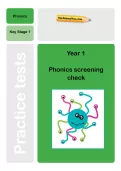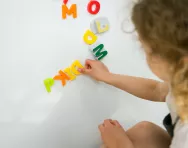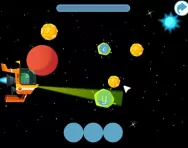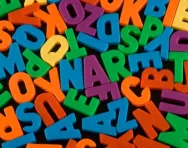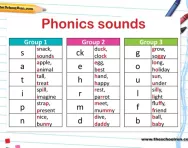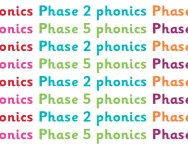Important update from TheSchoolRun
For the past 13 years, TheSchoolRun has been run by a small team of mums working from home, dedicated to providing quality educational resources to primary school parents. Unfortunately, rising supplier costs and falling revenue have made it impossible for us to continue operating, and we’ve had to make the difficult decision to close. The good news: We’ve arranged for another educational provider to take over many of our resources. These will be hosted on a new portal, where the content will be updated and expanded to support your child’s learning.
What this means for subscribers:
- Your subscription is still active, and for now, you can keep using the website as normal — just log in with your usual details to access all our articles and resources*.
- In a few months, all resources will move to the new portal. You’ll continue to have access there until your subscription ends. We’ll send you full details nearer the time.
- As a thank you for your support, we’ll also be sending you 16 primary school eBooks (worth £108.84) to download and keep.
A few changes to be aware of:
- The Learning Journey weekly email has ended, but your child’s plan will still be updated on your dashboard each Monday. Just log in to see the recommended worksheets.
- The 11+ weekly emails have now ended. We sent you all the remaining emails in the series at the end of March — please check your inbox (and spam folder) if you haven’t seen them. You can also follow the full programme here: 11+ Learning Journey.
If you have any questions, please contact us at [email protected]. Thank you for being part of our journey it’s been a privilege to support your family’s learning.
*If you need to reset your password, it will still work as usual. Please check your spam folder if the reset email doesn’t appear in your inbox.
Year 1 Phonics Screening practice checks
The Year 1 Phonics Screening Check was introduced as a quick way of assessing whether children have met a certain standard in their ability to decode sounds using their phonic knowledge. The main driving force for the check is simply to identify gaps and the children which may need a little extra support with their reading.
The check consists of 40 words altogether. The list includes pseudo, nonsense words and real words; the pseudo words are designed to test children's ability to decode new and unfamiliar words using spelling patterns they should have come across. Each of the nonsense words in the test is accompanied by an image of a monster / alien; the idea is to suggest that the nonsense words is the alien's "name" rather than a misprint! The real words are a mix of high frequency words and more unusual words.
Pupils who don’t meet the expected score in Year 1 will take the check again towards the end of Year 2. Try not to worry about the check; the school will administer the test in a very comfortable way, one-to-one with a teacher who is known to your child.
You can practise these mock phonics checks with your child in the run-up to the check at school, just to get them used to the format. You don’t have to complete all of the 10 mock tests (they're all presented in exactly the same way), just see how you go. You can help your child by:
- Encouraging them to take their time in sounding out the words. They might find it helpful to point at each separate sound first. Teachers administrating the test are advised to give as long as necessary, although it’s suggested that around 10 seconds per word should be enough time.
- Being positive. The pseudo words might be a new thing to them, so may confuse them a bit at first; just keep telling them how well they’re doing.
- Stopping if they’re tired or stressed.
Marking the Y1 Phonics mock checks
As a guide, you should be aiming for around 32 out of 40 words correct. (This is the usual ‘pass threshold’.) If they don’t score this amount they’ll be asked to do the check again at the end of Year 2, to check significant progress has been made.
During the ‘real’ check they’ll be allowed, and maybe encouraged, to say the sounds in each word before blending them together to read the word. However if they say the sounds but not the entire word it’ll not be marked correct. With the pseudo words you should accept reasonable attempts with slight mispronunciations as being correct, real words have to be entirely correct.
Please note: TheSchoolRun's mock Y1 phonics checks have been designed to look as similar to the real thing as possible. This means there are only four words per page, and each check is 10 pages long. We suggest that you don't print out the checks in order to save on paper and ink! Instead download the file onto your computer and show it to your child on your screen full size.
To download all 10 checks in one long document (110 pages, so don't press print unless you're sure that's what you want to do!) click the orange download button at the top of the page.









